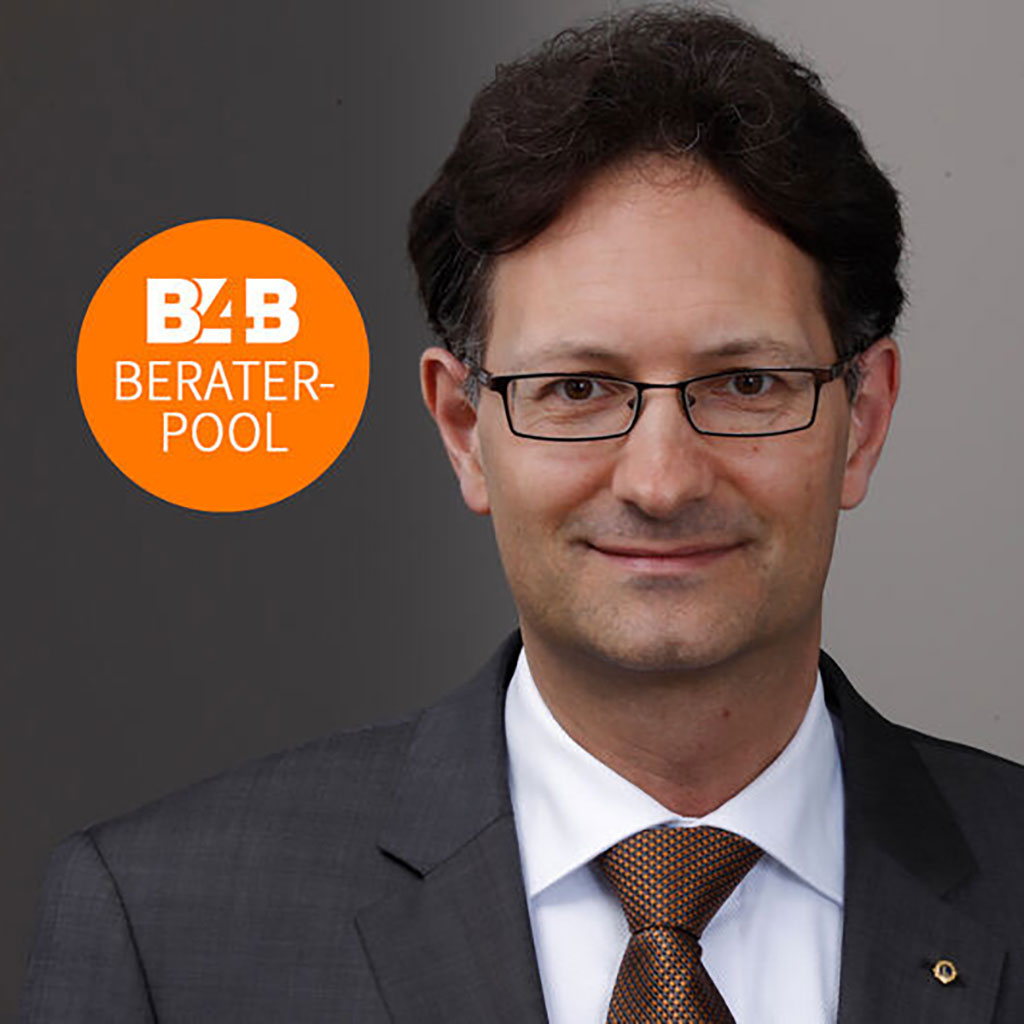The right to one’s own image
The right to one’s own image is regulated separately in the Art Copyright Act. According to this law, images of people may only be disseminated or publicly displayed with the consent of the person depicted. Consent can be expressly declared or implied, i.e. given by an action. From the company’s point of view, the consent of the employees concerned should always be given in writing in order to safeguard their rights and for reasons of better proof.
Employees can assert rights to their name on the basis of the right to a name, which is regulated in the German Civil Code and is designed as an absolute right. Therefore, the use of employees’ names in a company’s external presentation also requires their consent.
Both the use of employee photos and employee names also have implications under data protection law. For this reason, the publication of a photo, for example, is only permissible with the consent of the person depicted, also for reasons of data protection law.
Employee consent is not valid indefinitely
However, even if the employees concerned have consented to the use of their portrait or name, problems can arise for the company. Consent given by an employee for the use of his or her portrait or name may be revoked under certain circumstances, for example if circumstances have changed significantly since consent was given and publication would have a significant impact on the personality of the person concerned. This is the case, for example, if an inner attitude of the person portrayed has fundamentally changed or if the revocation is necessary to protect important idealistic interests. From the perspective of data protection law, the possibility of revoking consent at any time is even a basic prerequisite for its effectiveness. The company must therefore expect that an employee will revoke his or her consent to the use of his or her portrait and name for the external presentation of the company. In the event of a revocation, the company must cease publication of the images and the employee’s name. This can involve a considerable effort to change the company’s external image, for example, if a logo with an employee’s picture or name has to be changed or an ongoing advertising campaign has to be discontinued.
The example cited of the Colonel of KFC (Kentucky Fried Chicken) is different in that the portrait in the company’s logo is of the company’s founder. The latter apparently granted his own company the rights to use his face in the company’s external image and did not revoke them despite his departure from the company. Therefore, the face of the “Colonel” is still present in the company’s logo and the company founder still represents the “face of the company”.
Do you have any questions for patent attorney Dr. Stefan Gehrsitz, or would you like more in-depth advice?

